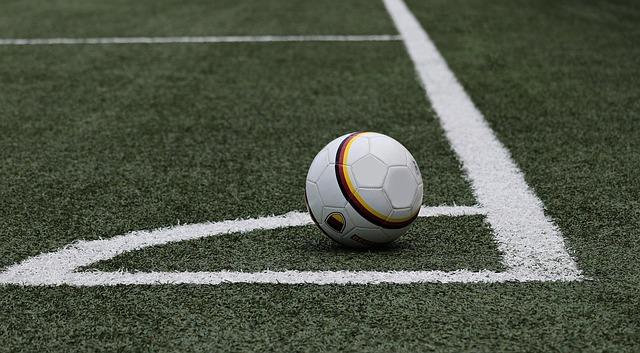Former President Donald Trump has reignited a decades-old debate over sports team names with a series of recent posts that have drawn renewed attention to the controversy. By entering this contentious discussion, Trump has brought national focus back to the issue of whether certain team names and mascots perpetuate racial stereotypes, a topic that has long divided fans, activists, and organizations across the country. As the dialogue unfolds, the dispute highlights the evolving conversations about cultural sensitivity and identity in American sports.
Trump Revives Controversy Over Sports Team Names Sparking National Debate
Former President Donald Trump has reignited a fierce debate surrounding the names of several prominent sports teams, drawing sharp lines between tradition and cultural sensitivity. His recent social media posts argue in favor of preserving historic team names, describing efforts to change them as unnecessary political correctness. This stance has polarized opinions nationwide, with supporters praising the defense of heritage and critics condemning the perpetuation of racial stereotypes and insensitivity. The controversy taps into a broader national conversation about identity, respect, and the evolving values of American society.
Experts and activists have weighed in, emphasizing the impact of such names on Indigenous communities and the importance of inclusivity in sports culture. Meanwhile, some team owners and league officials remain cautious, balancing fan loyalty with a growing demand for change. Below is a quick overview of recent developments:
- Public Response: Mixed reactions across social media platforms and public forums.
- Team Actions: Several teams have announced reviews of their names and branding.
- Legislative Moves: Some states considering bans on team names deemed offensive.
- Activist Pressure: Increased advocacy campaigns for renaming and reparations.
| Team | Current Status | Public Opinion |
|---|---|---|
| Washington Football Team | Rebranded in 2020 | Mostly positive |
| Chicago Blackhawks | Review ongoing | Divided |
| Cleveland Indians | Rebranded to Guardians 2022 | Widely supported |
Analyzing the Cultural and Political Implications of the Decades-Old Dispute
The dispute over sports team names with Indigenous references is far more than a matter of branding or fan loyalty; it taps into deep-seated issues surrounding cultural identity, historical representation, and political power. For many Native American communities, these names and mascots represent a legacy of marginalization and stereotyping, perpetuating harmful narratives that have persisted for generations. Critics argue that such depictions:
- Reduce rich, diverse cultures to inaccurate caricatures
- Contribute to systemic racism by normalizing offensive imagery
- Ignore the voices and objections of Indigenous peoples themselves
Politically, the issue remains a battleground for broader conversations about race, history, and freedom of expression. The intervention of high-profile figures adds layers of complexity, often polarizing public opinion and influencing legislative efforts. Below is a brief overview of key political stances and their implications:
| Political Stance | Key Arguments | Potential Impact |
|---|---|---|
| Defenders of Team Names | Tradition and free speech | Mobilization of conservative bases |
| Opponents | Cultural respect and harm reduction | Policy changes and team rebranding |
| Neutral/Moderates | Dialogue and education | Gradual social awareness shift |
Recommendations for Navigating the Complex Dialogue Around Team Names and Identity
Wrapping Up
As the debate over sports team names continues to evoke strong opinions across the nation, former President Trump’s recent social media posts have once again brought this decades-old controversy into the spotlight. His involvement underscores the persistent cultural and political tensions surrounding team names that critics view as offensive. As discussions evolve, this episode highlights how sports, identity, and politics remain deeply intertwined in American public life.

